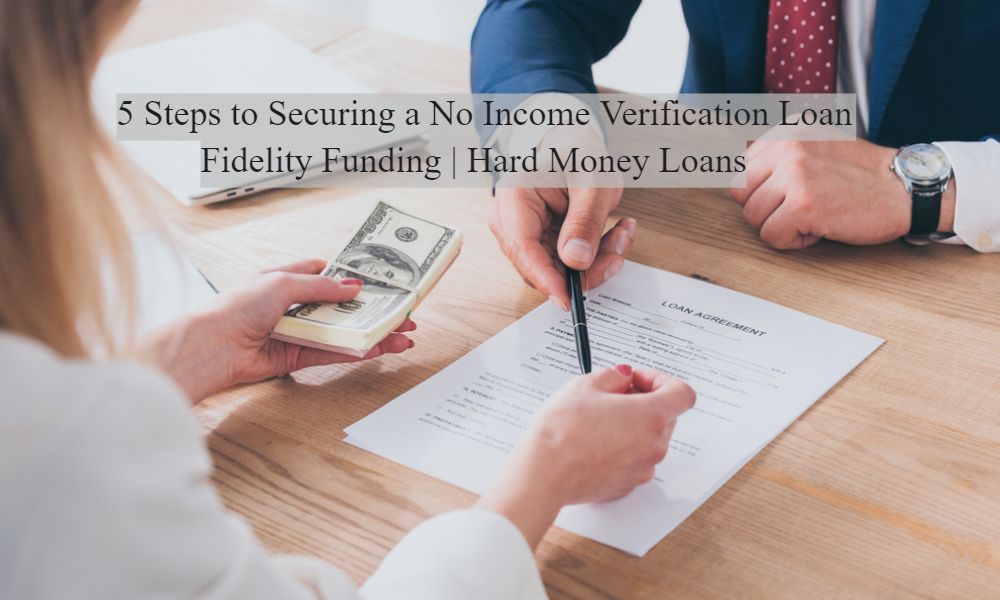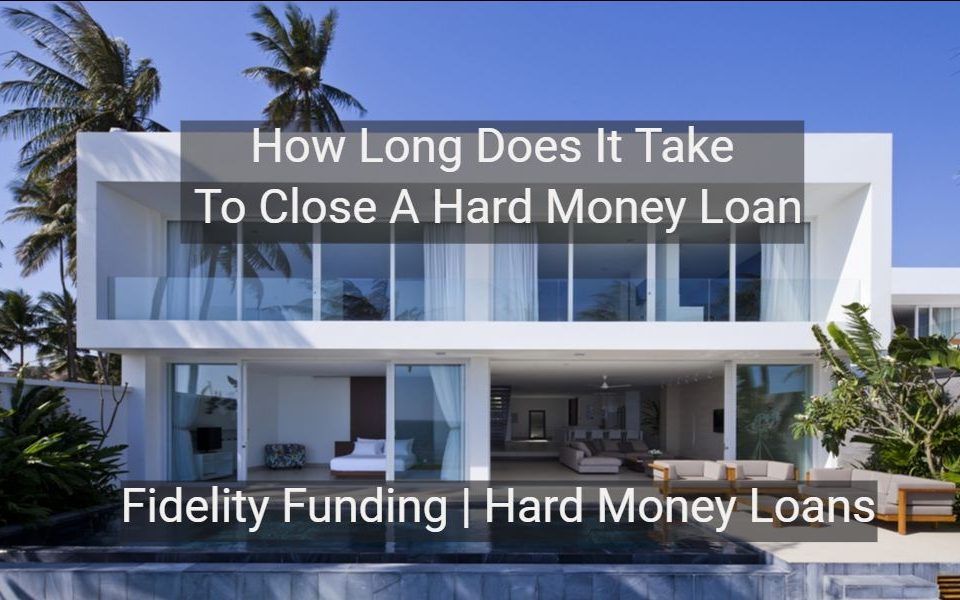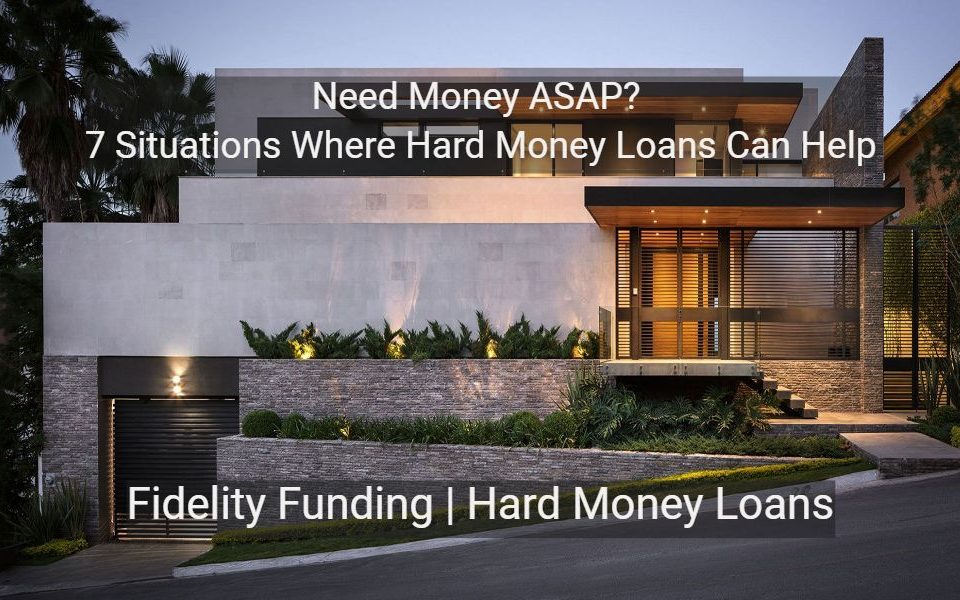5 Steps to Securing a No Income Verification Loan

5 Top Benefits of Using Hard Money Lenders
April 1, 2020
Hard Money Lenders in Los Angeles: 3 Tips for Getting Your Loan ASAP
April 22, 2020- Alternative Income loans
- Fastest Hard Money Lender
- Foreclosure Bailout
- Hard Money 2nd Loan Owner Occupied
- Hard Money 2nd Mortgage
- Hard Money 2nd Trust Deed
- Hard Money 3rd Trust Deed
- Hard Money Bail out refinancing
- Hard Money Definition
- Hard Money Foreclosure Loans
- Hard Money Lenders
- Hard Money Lenders California
- Hard Money Lenders Los Angeles
- Hard Money Lenders Near Me
- hard money lenders no credit check
- Hard Money Loan Rates
- Hard Money Loan Requirements
- Hard Money Loans
- Hard Money Loans California
- Hard Money Loans For Bad Credit
- hard money loans for flipping houses
- Hard Money Loans for Real Estate
- Hard Money Loans Los Angeles
- hard money loans no credit check
- Hard Money Refinancing
- No Doc loans
- No Income Loans
- no income verification auto loans
- no income verification form
- no income verification heloc
- no income verification home loans
- no income verification loans
- no income verification mortgage
- no income verification mortgage refinance
- no income verification personal loans
- Owner Occupied Hard Money Loan
- Stated Income Loans

As more workers take advantage of the flexible employment opportunities available in the 21st century, a broader group has come to understand an issue small business owners have known for years. If you don’t have documentation substantiating your income in whichever specific way the bank prefers, it is very hard to borrow substantial amounts of capital. Anyone with an unconventional financial situation should be aware of the No Income verification loan, which can help reach your financial goals.
Do You Need a No Income Verification Loan?
Anyone who struggles to demonstrate income through salary or wages is a strong candidate for a loan with non-traditional criteria for approval. This most often happens to freelancers who work with many clients, contractors who work for multiple employers every year, and small business owners, especially those with substantial overhead costs. Loans without income verification are also a great option for people with high net worth but No Income in wages and investors with complex tax situations.
Instead of requiring W-2s and/or tax returns like a bank, more flexible lenders will allow you to use other metrics, like bank statements, to substantiate your income. This is important for anyone who needs to reinvest in their business constantly because you can show how much profit you generate while paying yourself as little as possible to safeguard the company. Practices like this are common among the self-employed and often preclude conventional loans through traditional banks. Fortunately, some lending institutions are filling the gap with non-traditional loan programs.
5 Steps to Funding without Verifying Income
1. Assess Your Needs
You can’t walk into any loan office before you know how much you need. Many borrowers use loans without income verification to purchase their homes. Others use the loans to purchase an investment property, buy equipment or real estate for their business, or to make other large purchases. Regardless, make sure you have a good approximation of what you are looking to borrow before you start any other aspect of the process. With that number in mind, you can assess your income and your assets to make sure you are being realistic.
2. Assess Your Assets
This assessment will be, at least to an extent, dependent on your credit situation. While credit problems are a bit more common among self-employed workers, many have excellent credit scores and bank statements that demonstrate a reliable income. If you are prudent and lucky enough to have these things, you shouldn’t have any trouble securing a loan.
As we mentioned above, small business owners who need materials and equipment to run their businesses are at risk of being passed over for a mortgage or other loan because they reinvest in themselves so often. This is ironic as so many small business owners lean heavily on their homes as a base of operation. Small business owners are also more likely to bring large hauls of money seasonally before weathering some little months at another time of year. Loans based on bank statements are a great way to show how much value you and your business create.
Loans based on bank statements also create an opportunity for potential borrowers who have large tax write-offs every year. These write-offs artificially lower your income in the eyes of the IRS. This is relevant to anyone who purchases the equipment they need to work, whether it is an iPhone or a Bulldozer. Write-offs also apply to home or portions of homes used for business.
3. Adjust Your Expectations
Many self-employed borrowers begin the loan application process expecting a slightly different version of a traditional mortgage or other loans. This is simply not how No Income verification loans are funded. You will pay higher interest rates for a loan without any income verification. Different lenders will have different policies on this front, and your financial situation will undoubtedly play a role in the lender’s estimation of you as a borrower; however, you will not see the kind of interest rates you see on conventional mortgages from big banks.
This is undoubtedly a disadvantage to loans without income verification, but there is a silver lining. When you don’t submit an egregious amount of paperwork to a financial institution, you preserve some semblance of privacy in reference to your financial information. Outside of the interest rates and the associated documentation, the most important consideration is the down payment.
4. Save for the Down Payment
While getting the down payment together can be a pain, it is actually a good strategy in the long-term. The more you pay upfront, the less you principle you have to pay down from the very beginning. So, those higher interest rates will be less of an issue than you may have anticipated because the lower value of the loan will necessitate lower monthly payments.
Once you have the capital together, all you need to do is collect your documentation and speak with a loan officer at an institution with flexible lending options, such as Fidelity.
5. Resort to Alternatives (If Necessary) and Try Again
If you are finding that no matter what you try, you cannot get approved for a loan, especially a loan for a home. You may consider using loan programs offered through the Federal Housing Authority (FHA), which are catered to borrowers with lower income and/or poor credit. Loans through the FHA are a great opportunity to rebuild credit while simultaneously housing your family.
The Department of Veterans Affairs (VA) offers loans for homes and other essentials at great rates. If you are a veteran, you could take out a loan through the VA to buy a home, often with a minimal down payment and favorable interest rates. Both of these options allow at-risk Americans to borrow money and improve their credit. If you need to, you can take out a loan through one of these programs, use it to improve your credit while pursuing your non-traditional employment and qualify for a No Income verification loan down the line.
Fidelity Funding
At Fidelity Funding, we offer hard money loans. No Income or Employment Verification. No Minimum Credit Score. Get funding In Days. Call today for more information!
Fidelity Funding | Hard Money Loans
Email: info@fidelityfundingcorp.com
Phone: (877) 300-3007
Website: https://www.fidelityfundingcorp.com




